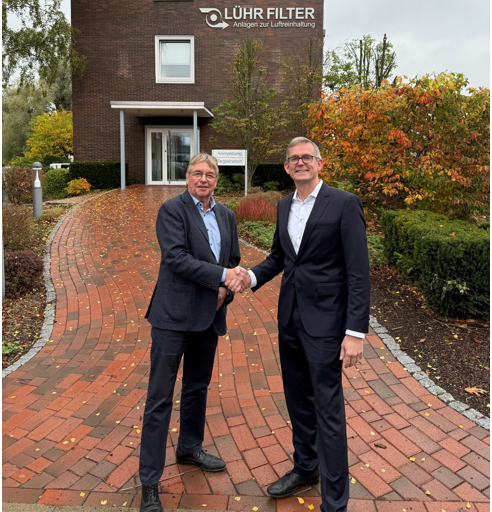Waste-to-energy plant in Spain installs SICK technology for emission measurement
The TERSA group plant in Sant Adrià del Besòs near Barcelona in Spain has rolled out an innovative system for ensuring better environmental practices. SICK Spain installed two measurement systems, doubling the reliability of the plant’s emissions data
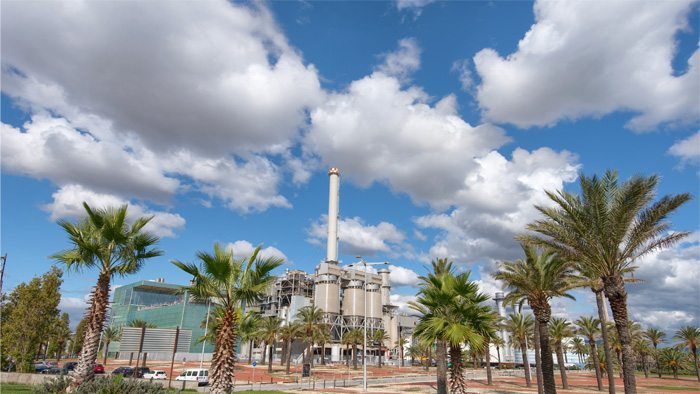
SICK has made its own contribution to the new Waste-to-Energy (WtE) plant owned by the TERSA Group, a publicly-owned environmental management company. The plant is designed for handling municipal waste generated in Sant Adrià del Besòs, Barcelona.
In line with the measures put in place by the local authorities to improve air quality, the TERSA Group aims to achieve the highest standards possible for efficiency and environmental sustainability. It believes that the new catalytic system installed in the WtE plant and driven by SICK technology is a key part of its efforts. The project follows on from a public tendering procedure, which was won by PASCH, a Spanish company specializing in supplying and maintaining equipment.
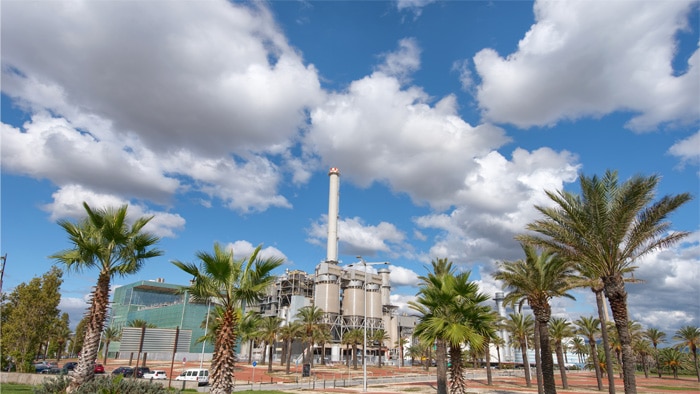
“We need the best emission measurement technology available”

SICK technology in use
With this goal in mind, SICK’s environmental measurement equipment helps to improve process efficiency while minimizing the plant’s impact on the surrounding environment. This current SICK project involves a full analyzer system in the stack, along with a redundant system, designed to double the reliability of the data sent to the Catalonian authorities about the plant’s emissions.
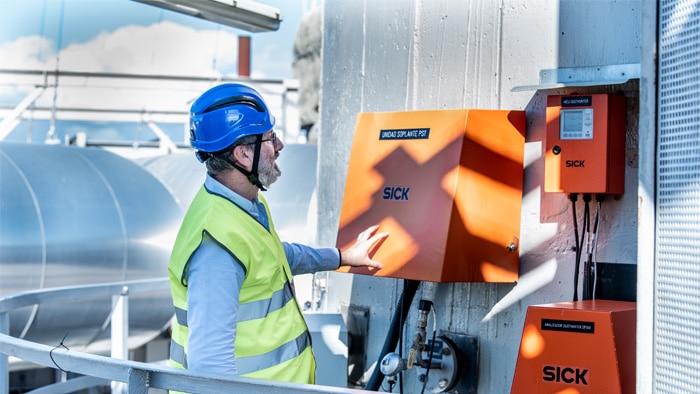
These two pieces of equipment are made up of two MCS100FT multi-component Analyzers, two MERCEM300Z mercury Analyzers, two DUSTHUNTER SP100 particle Analyzers, two FLOWSIC100 gas flow measuring instruments, two MPR remote monitoring elements, and two control cabinets, along with a data handling system and another system used by both the plant and the local authorities to send the data.
The equipment supply contract includes 24/7 maintenance, with a 4-hour response time. The system also has a remote monitoring service operated from Germany, which enhances the level of support.
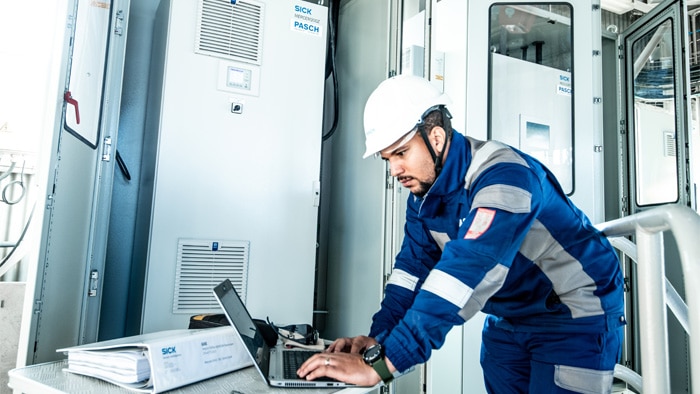
During the lockdown caused by the COVID-19 pandemic, the MPR monitoring system has made it possible to diagnose faults, maintain the Analyzers, and manage alarms remotely, as well as the automated QL3 settings. All of these features have contributed to helping the plant to keep operating and providing an essential service.

